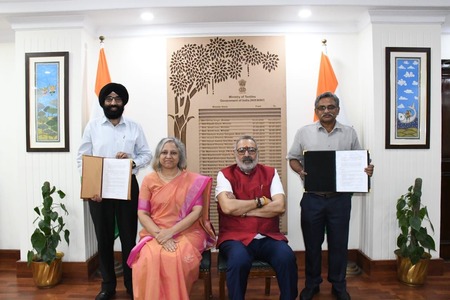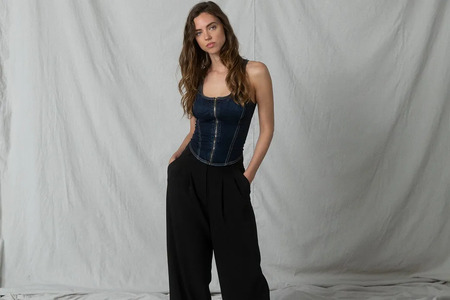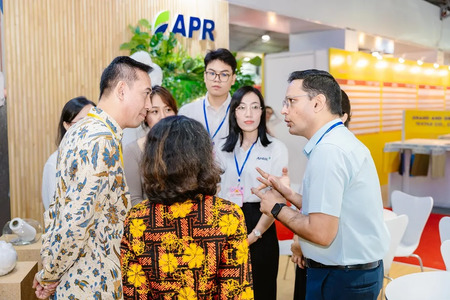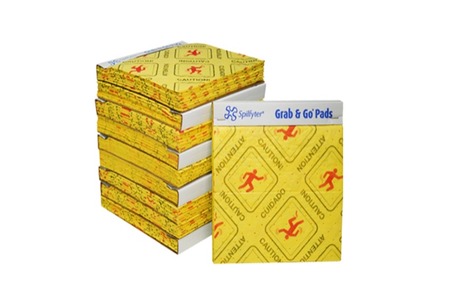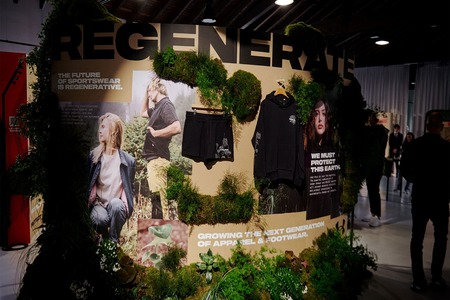
University of Huddersfield focusing on nonwovens
YarnsandFibers News Bureau 2018-05-04 12:13:00 – HuddersfieldNonwoven fabrics having reached a high state of technical development are also important to the region’s economy and are increasingly studied and researched at the University. Huddersfield and its University have a long tradition of excellence in woven textiles. Dr Hewitt’s technical textiles background means that he will develop courses in this subject area at the University of Huddersfield’s Department of Fashion and Textiles. He quoted that, “They can be produced from any fibrous material, including polyesters, cottons, viscoses, carbon fibre, glass fibre or any combination.â€
Dr Hewitt worked at the Leeds-based Nonwovens Innovation and Research Institute (NIRI) for more than 12 years. Dr Hewitt aims to help dismantle disciplinary boundaries, where a high proportion of current students are motivated by the aesthetic rather than technical aspects of textile studies.
“They have been around since early felting, but nonwovens are probably the biggest growth area in UK textiles and they are used in such a wide range of applications, such as filtration, wipes, insulation, wound dressings, nappies and even bullet-proof vests.†as told by Dr Hewitt. Dr Andrew Hewitt has a background in Nonwovens. He is teaching students but also concentrates to develop research relationships with industry partners.
Nonwovens to play a more central role in the textile curriculum at the University of Huddersfield.
He said that, “The different skills can be combined,†and also that, “Technical people have a lot to learn about design and designers can learn things from the technical guys. By combining our strengths, we all become stronger.†He took part in collaborations with a series of blue chip companies. “A lot of people have never heard of nonwovens, but they can be found in virtually every facet of life,†said Dr Hewitt.
Market Intelligence
Ask for free sample Report

experience
Customer Base
dedicated team
Countries Served Worldwide



